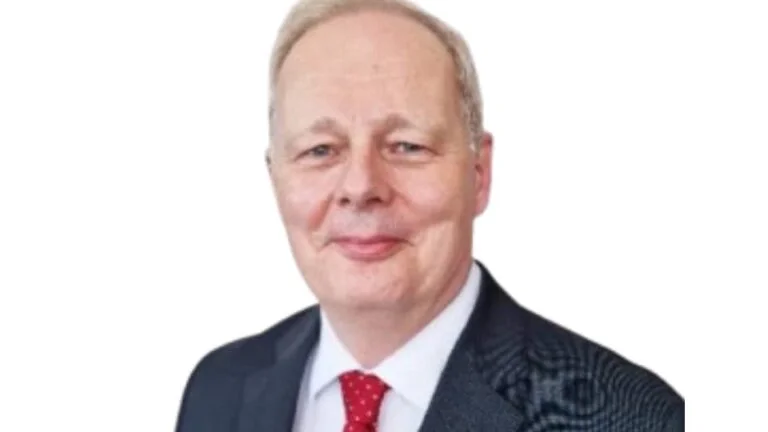The Major Energy Marketers Association of Nigeria (MEMAN) says fuel subsidy removal has ushered in deregulation, opening opportunities for innovation and digital transformation in the downstream sector.
Chairman of MEMAN, Mr Huub Stokman, said the shift is driving models such as Energy-as-a-Service, Virtual Power Plants, and peer-to-peer energy trading to boost efficiency and access.
Stokman spoke during a panel titled ‘Navigating the New Frontier: Competition and Market Access in the Downstream Oil & Gas Industry’ at the OTL Africa Downstream Week 2025 in Lagos on Wednesday.
He said the removal of fuel subsidies has redefined Nigeria’s downstream market, enabling private players to innovate, compete, and invest across the energy value chain.
“The downstream environment is evolving rapidly. With the Dangote Refinery coming onstream, dependence on imported products is falling, reshaping local supply,” he said.
He noted that policymakers increasingly view natural gas as a cleaner transition fuel, with demand for Compressed and Liquefied Natural Gas rising across sectors.
Stokman added that the industry is adopting sustainable and digital technologies such as solar, biofuels, and advanced monitoring systems to enhance operational efficiency.
He, however, stressed that regulatory clarity and stability are vital for investor confidence and long-term growth in the downstream sector.
“Significant investment is still required in refining, storage, distribution, and low-carbon infrastructure to meet Nigeria’s energy transition goals,” he stated.
He described Africa’s energy sector as facing a “dual reality” — fighting energy poverty while adapting to the global shift towards cleaner energy.
“Natural gas, whether LNG, LPG, or CNG, remains crucial for Africa’s transition, offering a cleaner option while driving industrialisation and energy access,” he said.
He added that decentralisation and digitalisation are reshaping energy systems, with renewable technologies enabling distributed power in underserved areas.
“The biggest frontier remains the 600 million Africans without energy access. This is a vast opportunity for decentralised renewable solutions,” he said.
To ensure a sustainable energy future, Stokman called for regional integration through cross-border gas pipelines and harmonised regulatory frameworks within ECOWAS and SADC.
He urged African nations to diversify investments beyond oil and gas into Battery Energy Storage Systems, LPG bottling, and CNG compression facilities.
Stokman also encouraged downstream firms to adopt pay-as-you-go models, local micro-depots, and data-driven tools to reduce costs and improve efficiency.
“Companies must explore cross-border partnerships, strategic acquisitions, and collaborations with financiers and technology firms,” he advised.
He stressed that priority should be given to green hydrogen, decentralised solar, and energy storage solutions that enhance customer value and sustainability.



